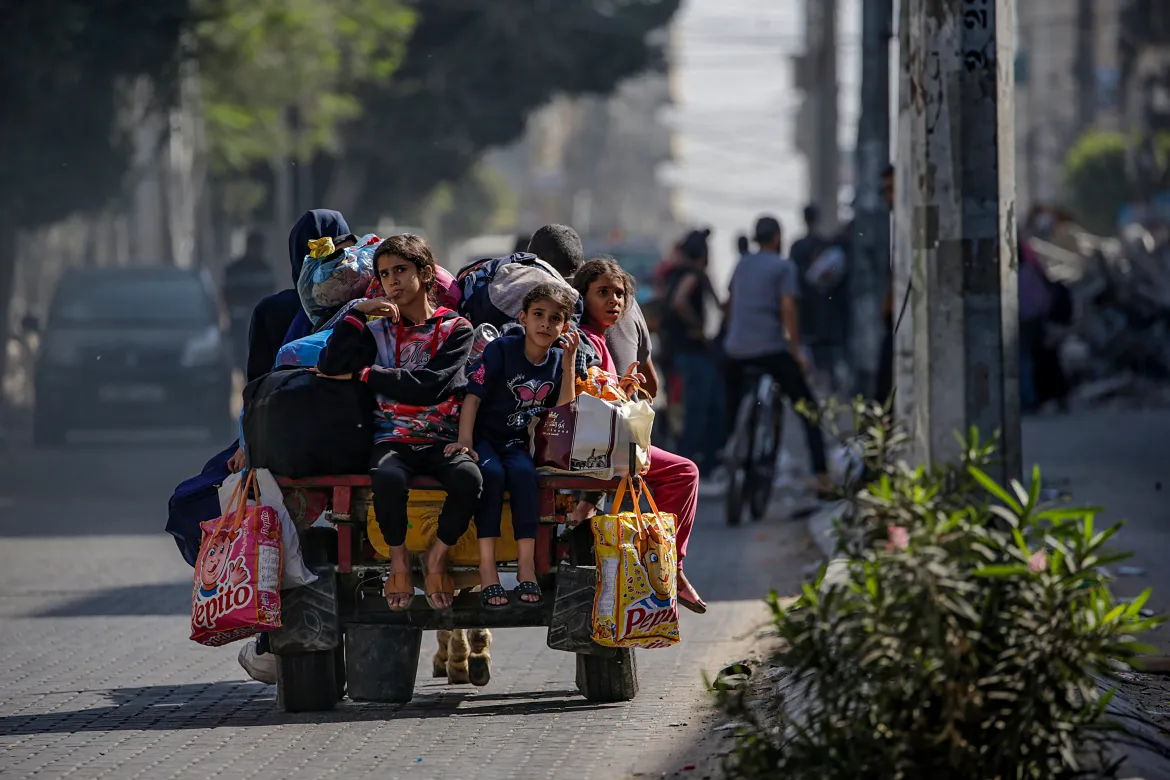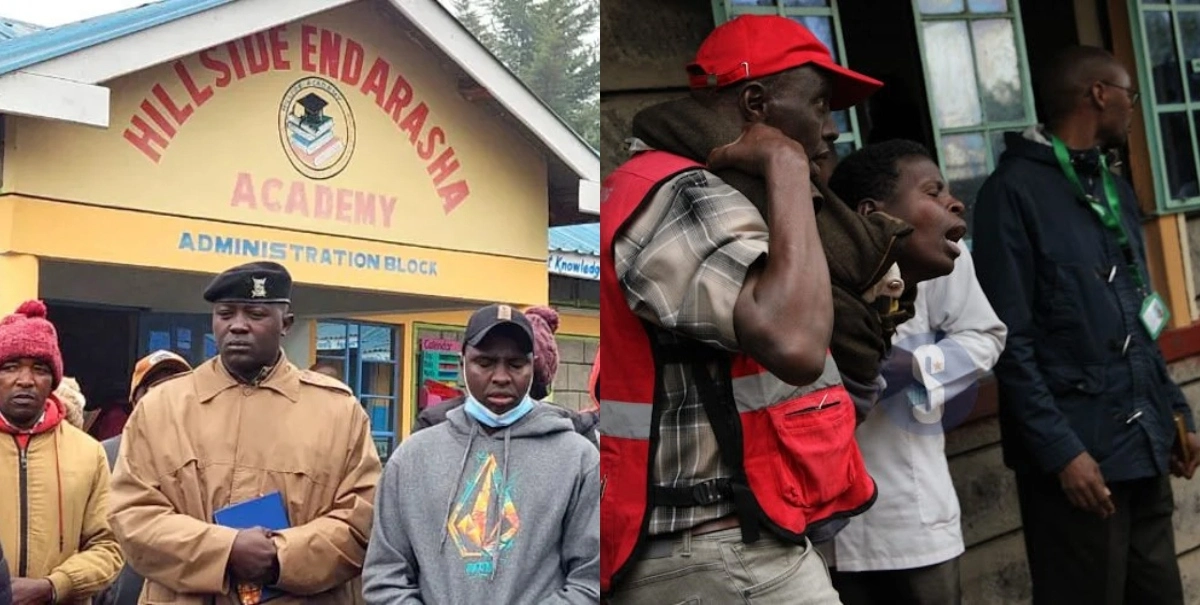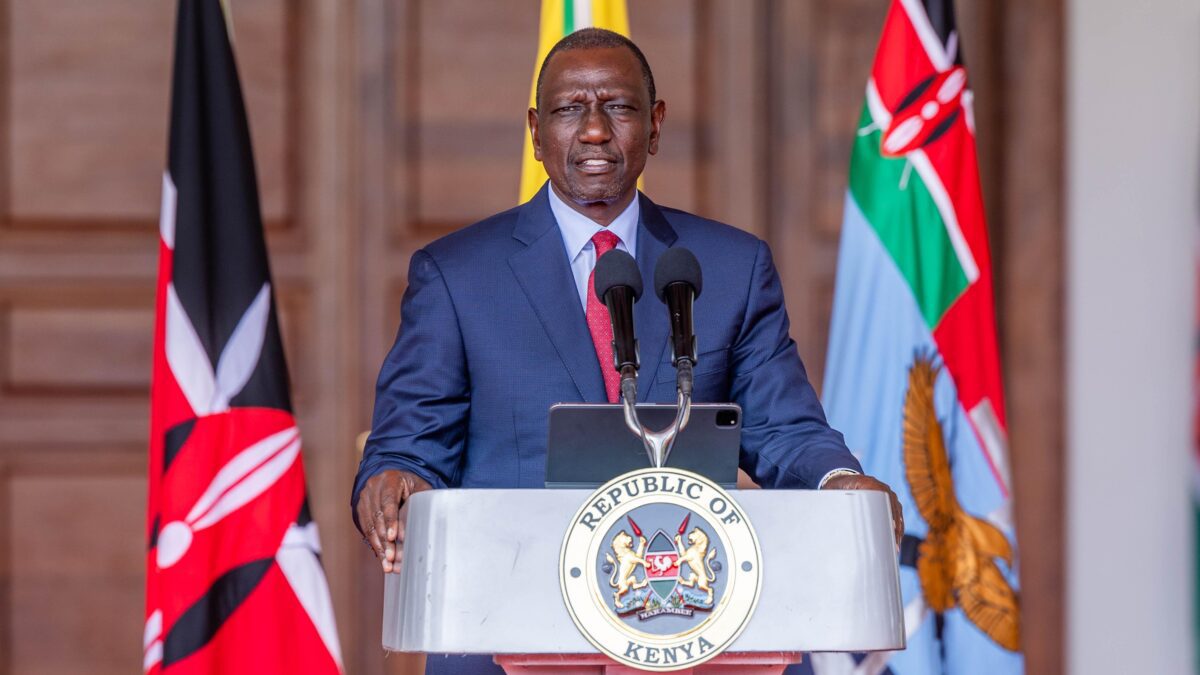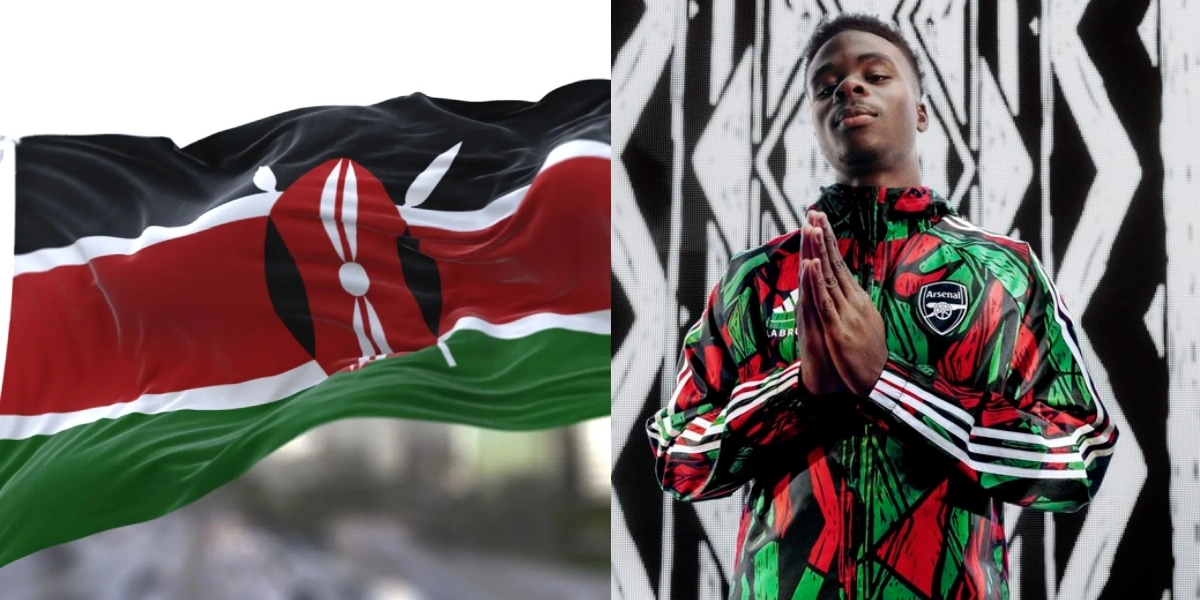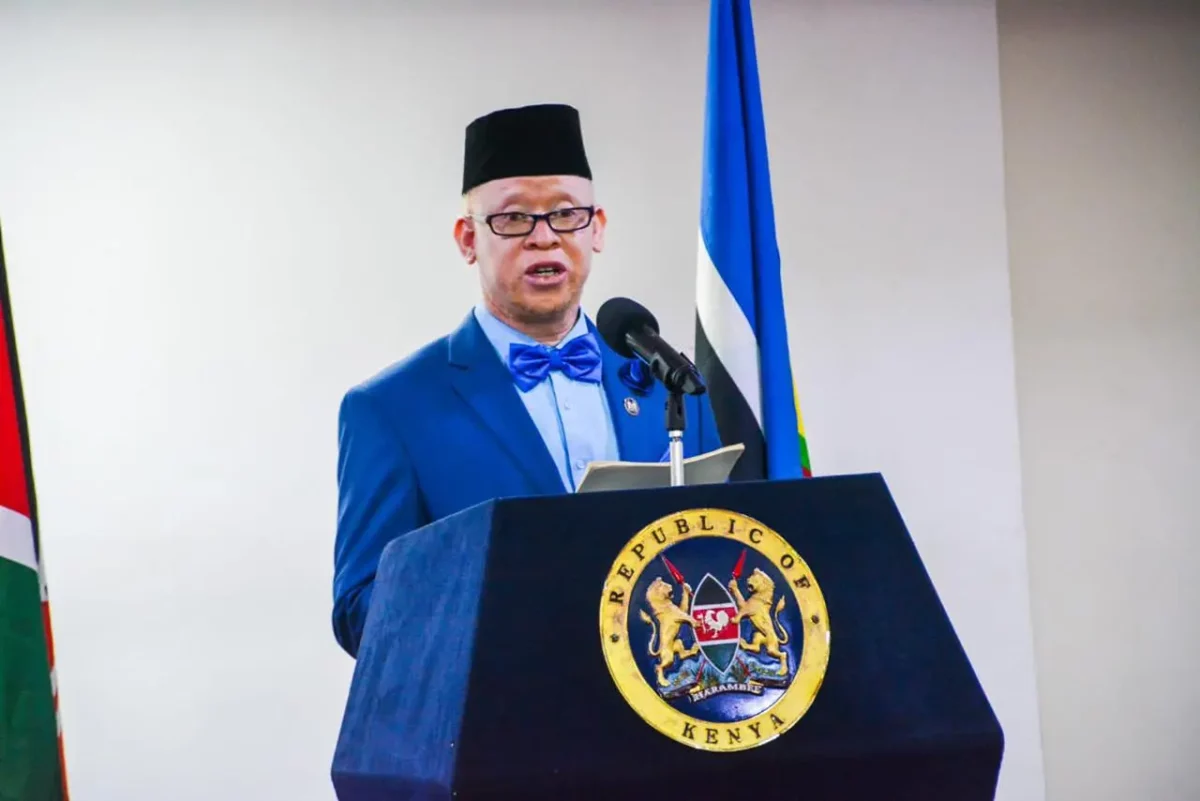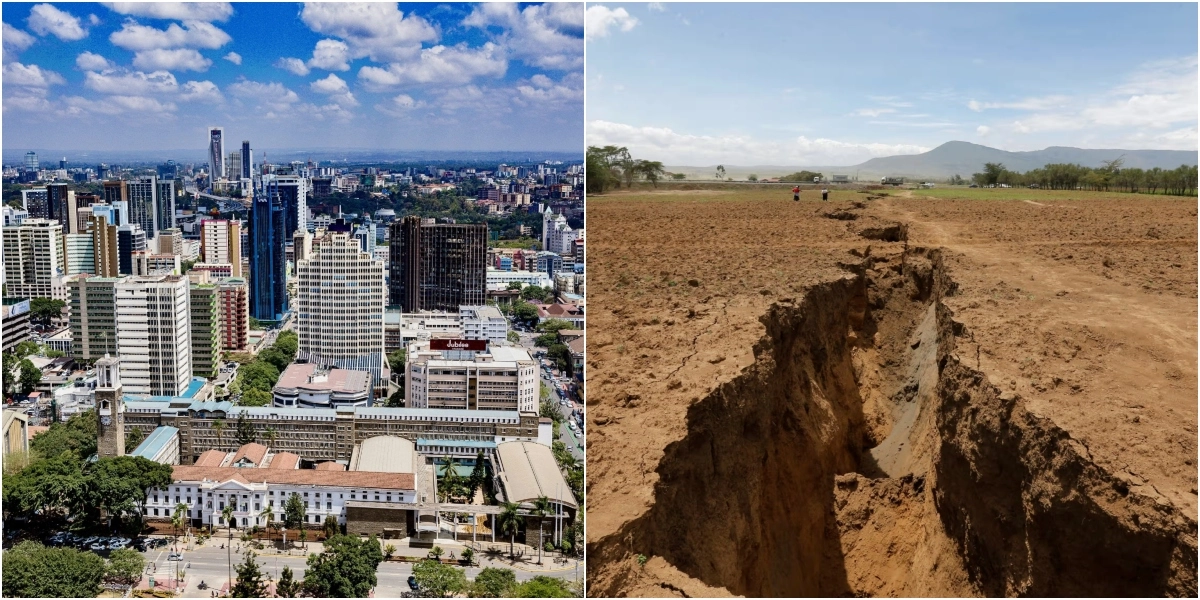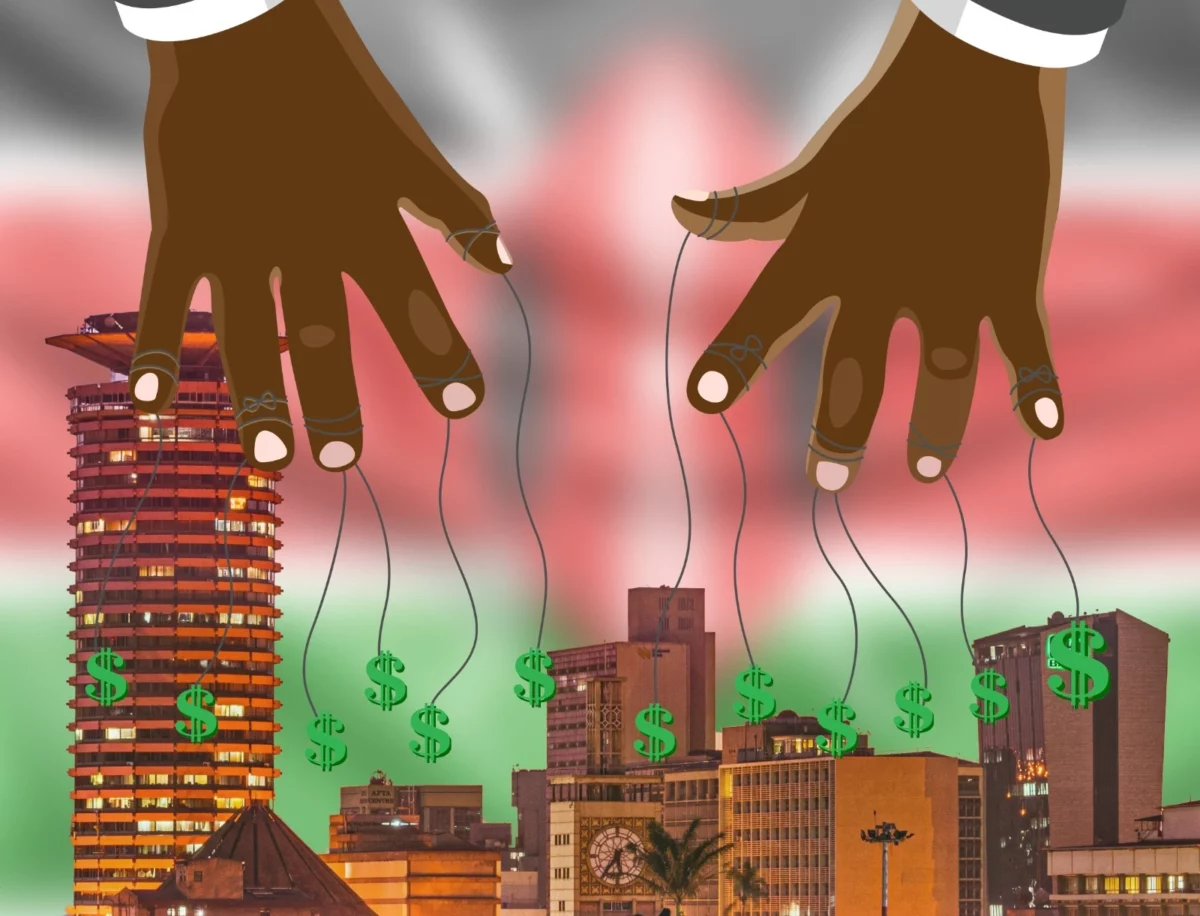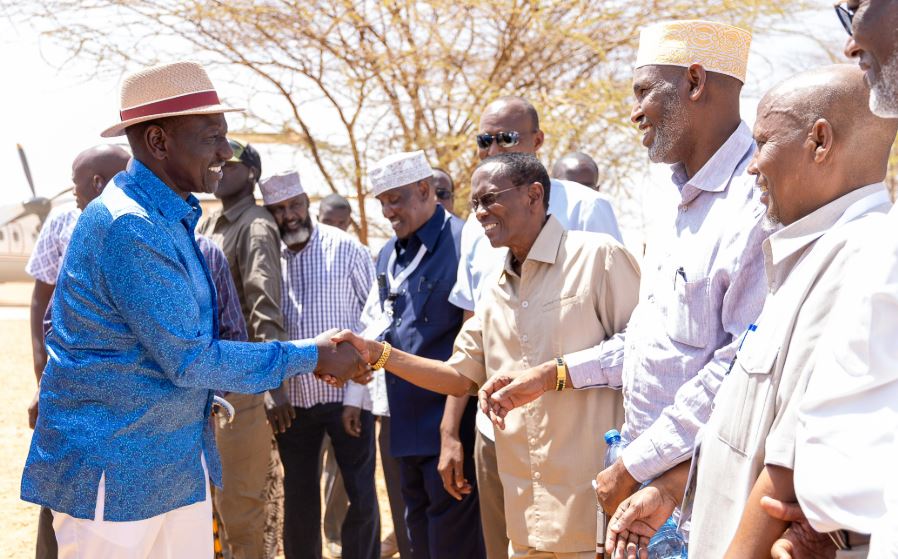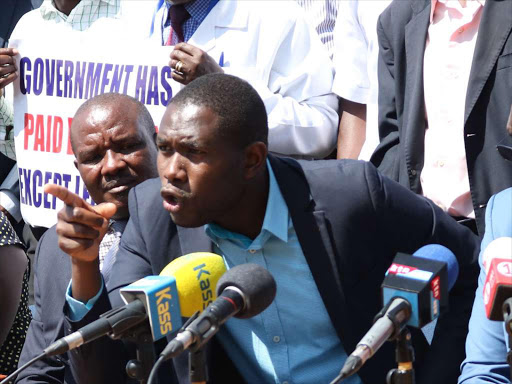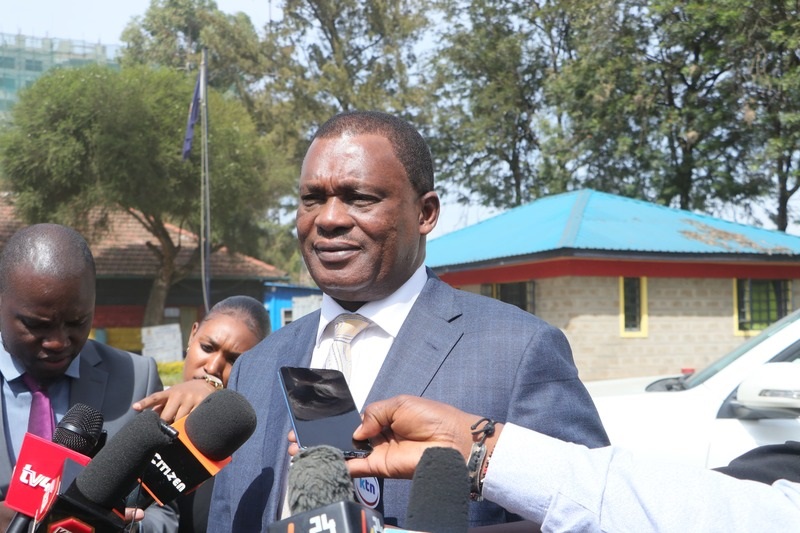- The Nakba means “catastrophe” in Arabic.
- It refers to the mass displacement and dispossession of Palestinians during the 1948 Arab-Israeli war, the ethnic cleansing of Palestine and the extensive destruction of Palestinian communities.
- In fact, Al Nakba began decades earlier.
- Israel continues to oppress and dispossess Palestinians to this day.
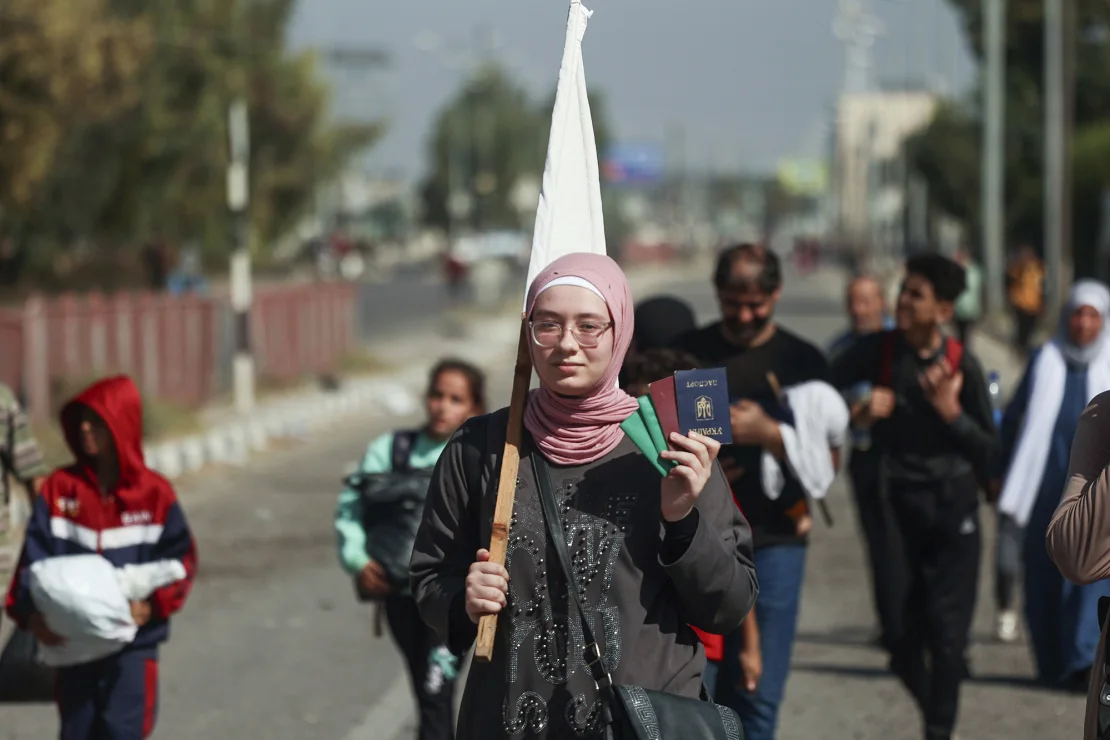
Also Read: Israel Bombards Gaza Relentlessly
How It Happened
Until the end of World War I, Palestine was under Turkish Authority as part of the Ottoman empire. It later came under British control, known as the Mandate for Palestine.
This era saw a rise in European antisemitism, prompting a growing migration of Jews to what they consider their ancestral homeland, Eretz Israel, where they had historically lived in smaller communities.
On 15 May 1948, Britain gave up her mandate and transferred the situation it had created in Palestine to the United Nations. The British Army departed from Palestine leaving the Jews and the Arabs to fight it out in the war that followed.
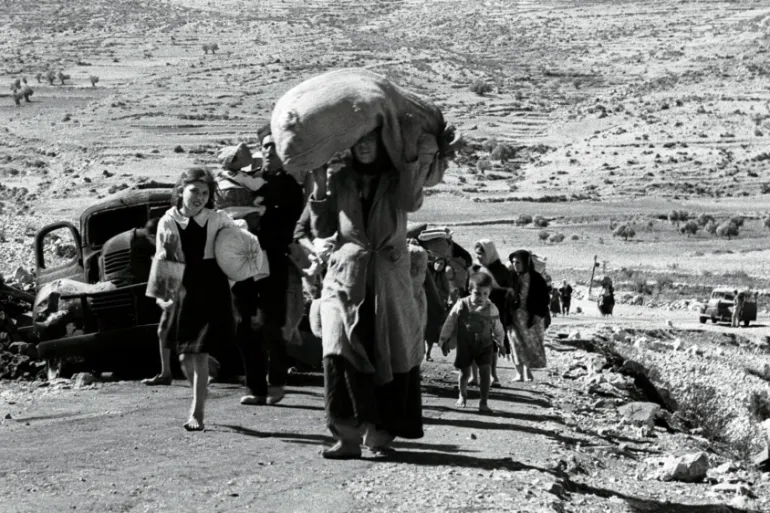
After the Arab- Israel war of 1948 that saw Israeli forces win the following year, Palestinians were violently displaced and dispossessed. It also saw the destruction of their society, culture, identity, political rights, and national aspirations.
This phrase Nakba is used to describe both the occurrences of 1948 and the ongoing occupation over Palestinian territories, namely the West Bank and the Gaza Strip, along with the oppression and displacement of Palestinians across the region.
Nakba Day was introduced in 1998 by the then-Palestinian leader, Yasser Arafat, establishing the date as the official day to remember the loss of the Palestinian homeland.
On May 15, Palestinians worldwide observe Nakba Day, commemorating 75 years since the loss of their homeland, the day after Israeli Independence Day.
Read More: Has the United Nations Lived Up to Its Expectations?
UN Intervention
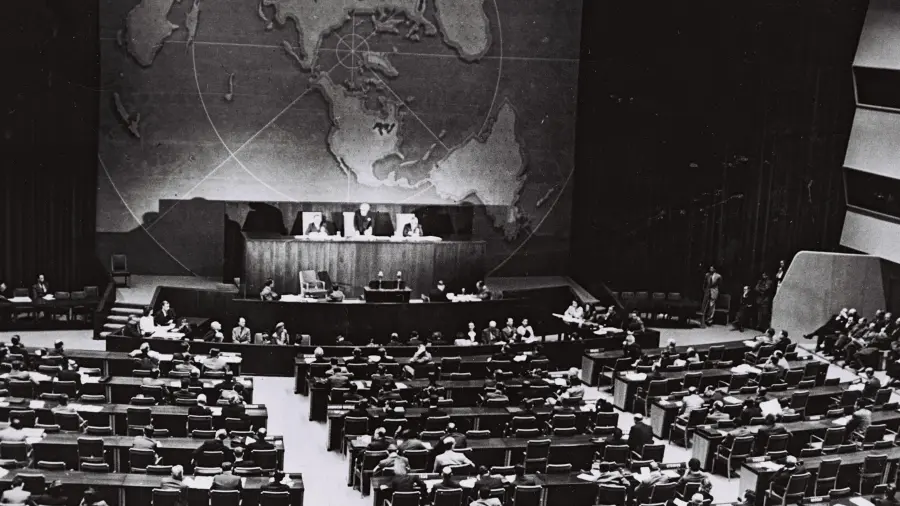
Following the Holocaust experience in Nazi Germany the United Nations (UN) General Assembly adopted a Partition Plan for Palestine.
In November 1947, the UN General Assembly adopted a resolution that divided Palestine into two states—a Jewish state and an Arab state—while designating Jerusalem for administration under the UN.
According to the UN partition plan, they were granted 55 percent of the territory, which included numerous major cities predominantly populated by Palestinian Arabs and the crucial coastline stretching from Haifa to Jaffa. The proposed Arab state would lack essential agricultural lands and seaports.
The proposed plan was accepted by the Jewish agency for Palestine and rejected by the Arab League, citing its unfairness and violation of the UN Charter. This rejection led to Jewish militias conducting assaults on Palestinian villages, resulting in the exodus of thousands.
The conflict escalated into a full-fledged war in 1948, coinciding with the conclusion of the British Mandate, the withdrawal of British forces, the declaration of Israel’s independence, and the arrival of neighboring Arab armies.
Subsequently, the newly formed Israeli forces initiated a significant offensive that culminated in the permanent displacement of over half of the Palestinian populace as an outcome of the war.
As a reaction, a coalition of five Arab states declared war but was eventually defeated by Israel in 1949.
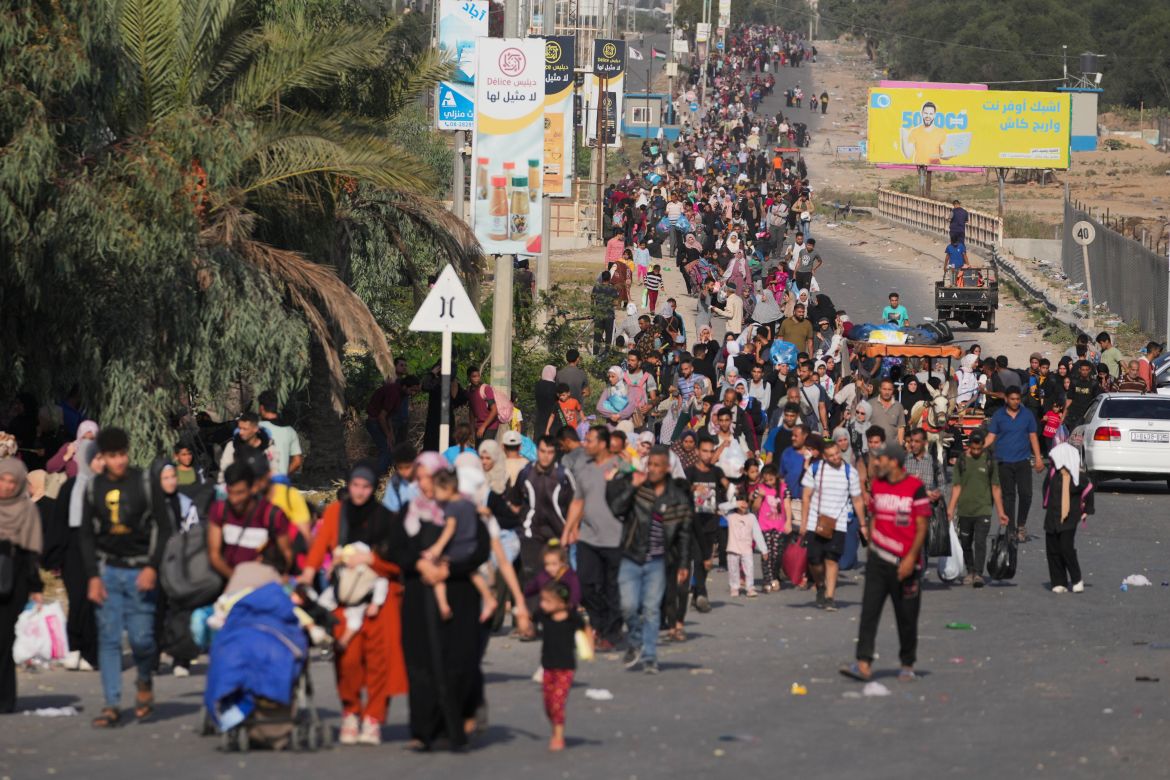
The State of Israel was founded on May 15, 1948, and gained admission to the UN, but a Palestinian State was not established.
Read Also: Top UN Official Resigns Citing Genocide of Palestinian Civilians
The territories remaining from pre-1948 Palestine—specifically the West Bank, including East Jerusalem, and the Gaza Strip—were respectively administered by Jordan and Egypt from 1948 until 1967.
Displacement
At least 750,000 Palestinians from a population of about 2 million were made refugees beyond the borders of the state.
The majority of Palestinians became stateless refugees in Gaza strip, the West Bank, and nearby Arab nations. Few relocated internationally. Today, most second and third-generation Palestinians haven’t sought or obtained other citizenship.
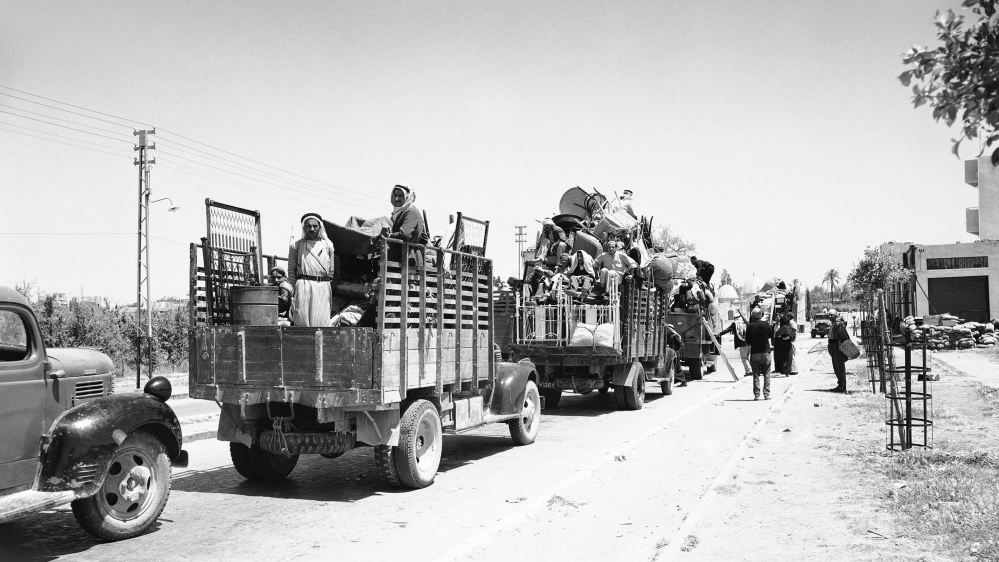
Consequently, approximately 6.2 million Palestinians in the Middle East remain stateless across multiple generations.
According to the United Nations General Assembly Resolution 194 in 1948, as well as the UN Resolution 3236 in 1974, and the 1951 Convention on the Status of Refugees, Palestinians who are considered Palestinian refugees have the “right of return.”
However. Israel has denied accountability for the Palestinian displacement, highlighting that between 1948 and 1972, roughly 800,000 Jews were either expelled or compelled to flee from Arab nations such as Morocco, Iraq, Egypt, Tunisia, and Yemen.
Before the Nakba, Palestine thrived as a diverse, multi-ethnic society. Yet, tensions escalated between Arabs and Jews in the 1930s due to rising Jewish immigration, propelled by persecution in Europe, and the Zionist movement’s ambition to create a Jewish state in Palestine.
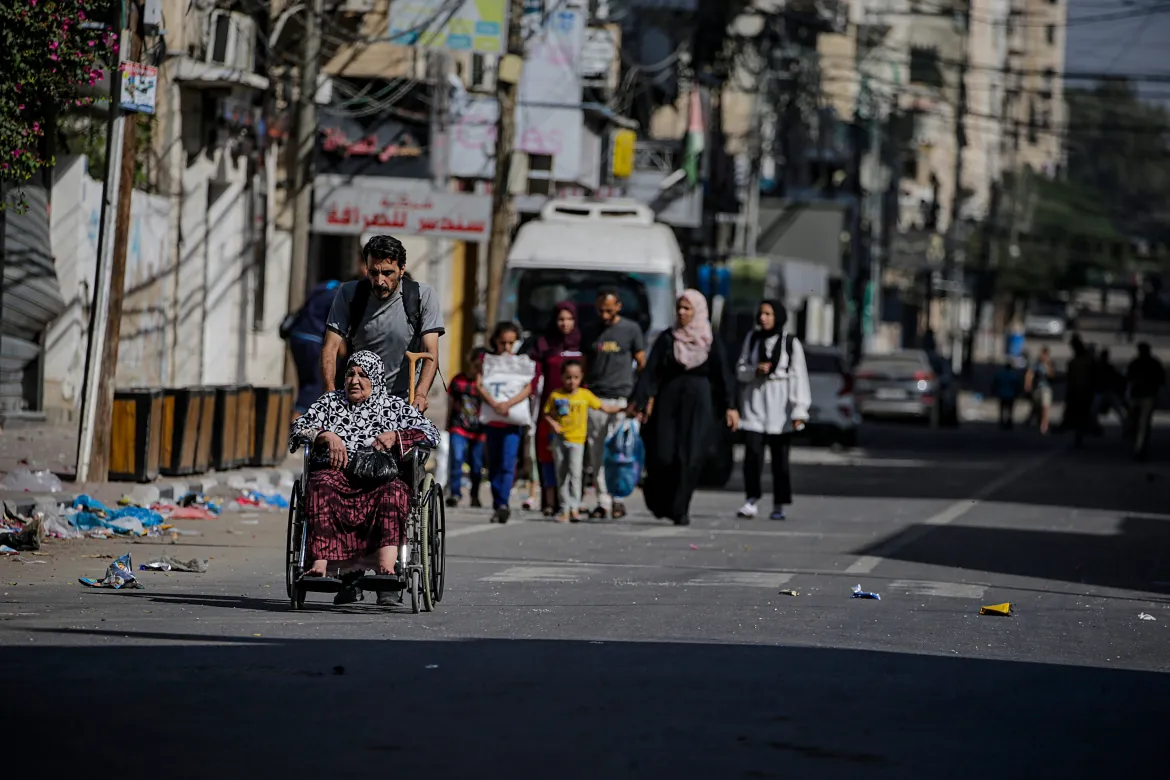
Solutions
Over 75 years, various approaches have been used to resolve the Palestinian issue. The key proposal, a two-state solution dividing Jerusalem into two capitals, faces doubts about its feasibility due to growing Jewish settlements in the West Bank, potentially hindering a unified Palestinian territory.
Alternatives include recognizing refugee status with compensation but no return, limited resettlement, or a two-passport system within a single state. Yet, a clear solution remains elusive for now.
As early as December 1948, the UN General Assembly called for refugee return, property restitution and compensation.
However, 75 years later, despite countless UN resolutions, the rights of the Palestinians continue to be denied. According to the UN Relief and Works Agency for Palestine Refugees (UNRWA) more than 5 million Palestine refugees are scattered throughout the Middle East.
Today, Palestinians continue to be dispossessed and displaced by Israeli settlements, evictions, land confiscation, and home demolitions.
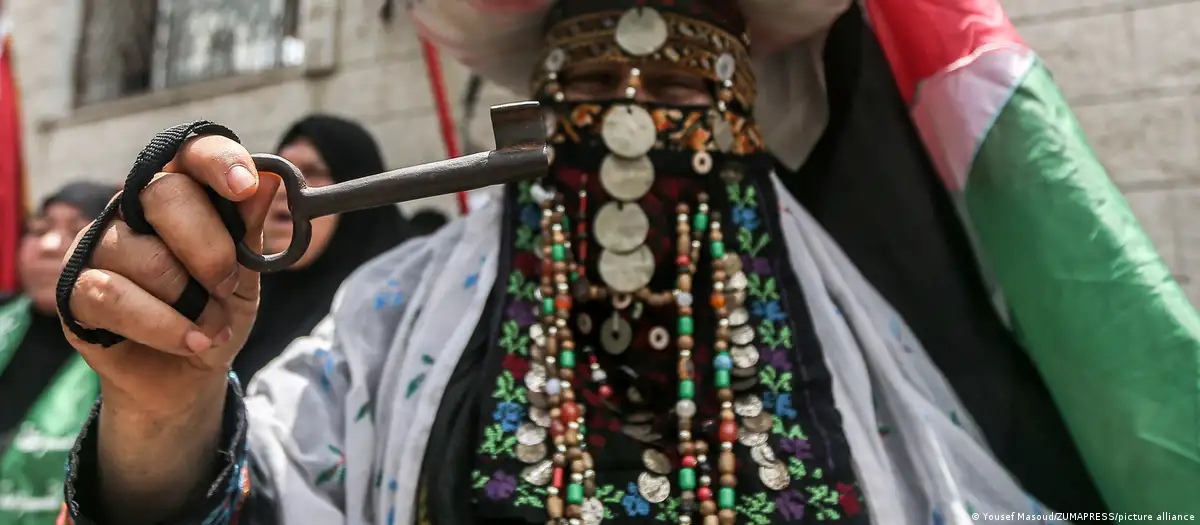
The Nakba anniversary serves as a poignant reminder, not solely of the tragic events in 1948, but also of the continual injustice endured by the Palestinians up to this day.
Subscribe to Switch TV

